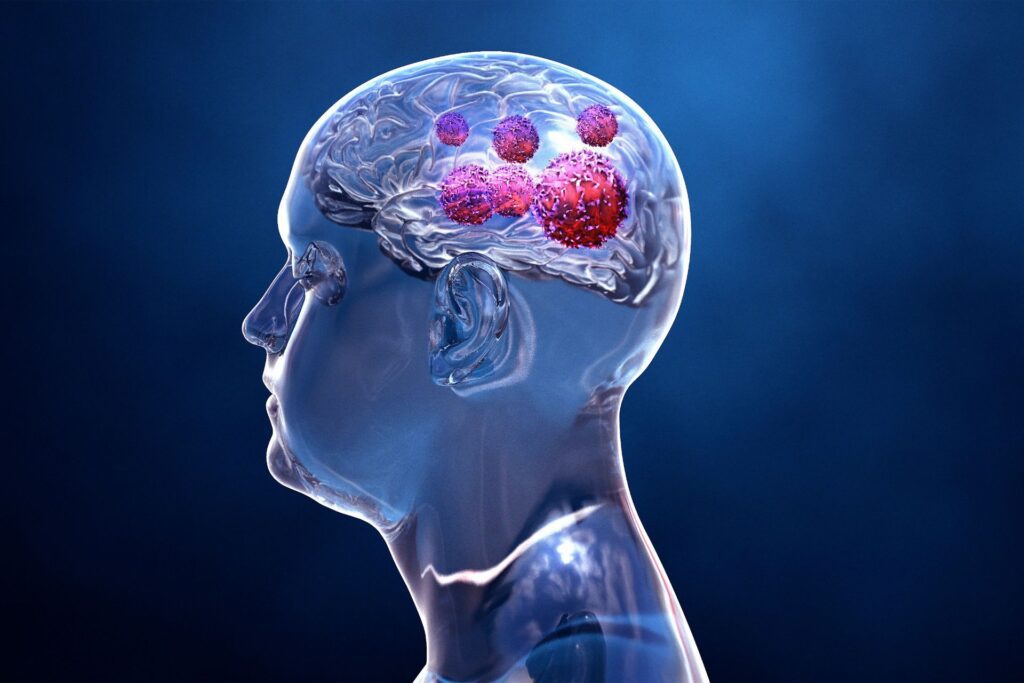Early Symptoms of a Brain Injury You Should Be Aware Of

If you get hit hard on the head or take a serious hit to the body, your brain can get injured even if you don’t see any cuts or bruises. This is called a traumatic brain injury, or TBI. It happens when your brain gets shaken or damaged by a strong force.
Sometimes, the injury is mild, and your brain cells only get affected for a short time. But in more serious cases, the brain itself can be bruised, torn, or even start bleeding.
When that happens, the damage can be permanent or even life-threatening. There are different types of TBI, but they all typically come with the same symptoms. The earlier you detect these symptoms and act fast, the better your chances of preventing serious complications.
Here are some early symptoms of a brain injury you should be aware of:
Headaches
A headache is one of the first signs of a brain injury. When the brain is bruised, swollen, or bleeding after a hit to the head, it creates pressure inside the skull, causing pain. This headache can be dull, throbbing, sharp, or stabbing, and it might start right away or hours later.
If the headache worsens or doesn’t go away with rest or pain medicine, it could mean serious damage. It needs immediate medical attention if it comes with dizziness, nausea, confusion, or vision problems.
Dilated Pupils
Your pupils (the black part in the center of your eyes) naturally get bigger in dim light and smaller in bright light. But if one or both pupils are abnormally dilated (too big) and don’t react to changes in light, it can be a sign of brain damage.
This happens because the brain controls the muscles in the eye that adjust pupil size. A brain injury, especially one that causes swelling or bleeding inside the skull, can put pressure on the nerves responsible for this function. If the nerves are affected, the pupils may not shrink in bright light as they should.
One of the biggest concerns with dilated pupils after a head injury is that it could mean there is severe brain swelling or bleeding inside the skull. This can lead to permanent damage if not treated quickly. If someone has uneven pupils (one is bigger than the other) or both pupils are stuck in a large, unresponsive state, they need emergency medical care right away.
Memory problems
Memory problems are a common sign of a brain injury. After a head injury, a person might forget recent events, like a conversation they just had, or even how they got hurt. Some struggle to remember simple things, like where they put something or what they were about to do.
This happens because brain injuries affect how the brain processes and stores information. In mild cases, memory loss is temporary, but in more severe injuries, it can last for days or longer.
Sometimes, the person doesn’t even realize they’re forgetting things others notice it first. If someone keeps repeating themselves or seems confused about things they should remember, they need medical attention immediately.
Mood Swings
Someone with a brain injury might go from happy to angry in seconds, cry for no reason, or act completely different from their usual self. They might also struggle with controlling their impulses, making them behave aggressively or irrationally.
Mood swings can be especially common with concussions or traumatic brain injuries that affect the frontal lobe, the part of the brain responsible for emotional regulation. Even a mild brain injury can temporarily make someone feel irritated, depressed, or anxious without any clear reason.
If mood swings last for days or seem extreme, it could mean that the brain injury is more serious than it first appeared.
Dizziness
Dizziness after a head injury means the brain isn’t functioning properly. It can feel like lightheadedness, unsteadiness, or the room spinning. This happens because brain injuries affect balance and coordination by disrupting signals between the brain and body.
Dizziness may start immediately or appear hours or days later. If it keeps coming back, lasts too long, or gets worse, it could mean serious brain damage. When it happens with headaches, nausea, confusion, or vision problems, medical attention is needed immediately.
Nausea
Nausea after a head injury happens because the brain controls balance, coordination, and body functions. When injured, it disrupts these systems, causing a sick feeling in the stomach. Some people experience mild nausea, while others vomit.
It can start immediately or appear hours later. The more severe the injury, the worse and longer the nausea can last. If nausea persists, worsens, or comes with dizziness, headaches, or confusion, it could indicate serious brain damage and needs immediate medical attention.
